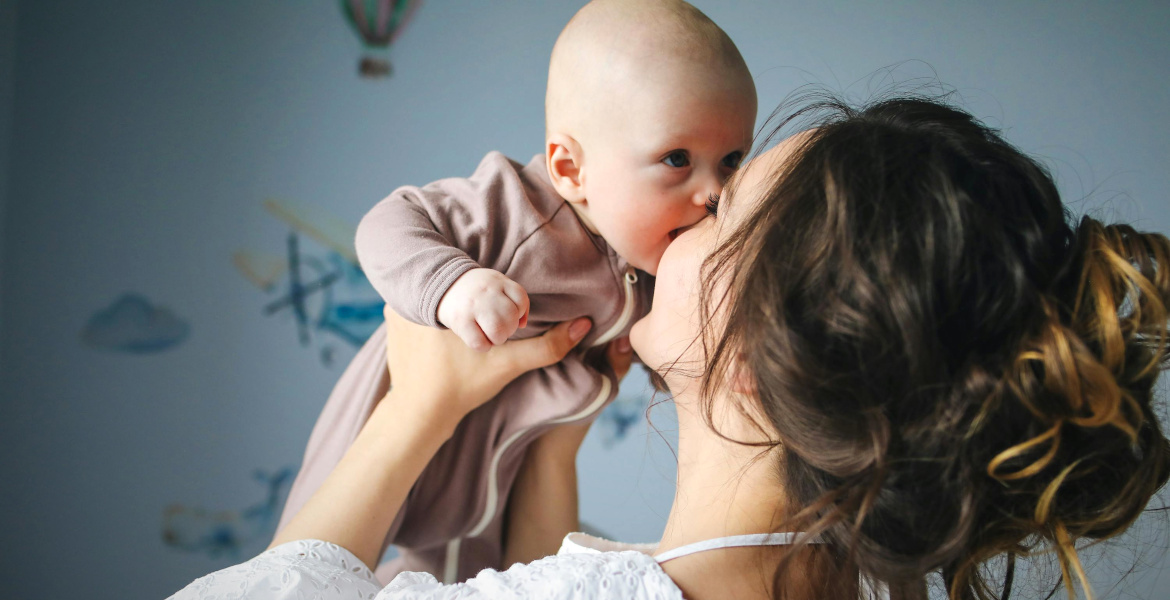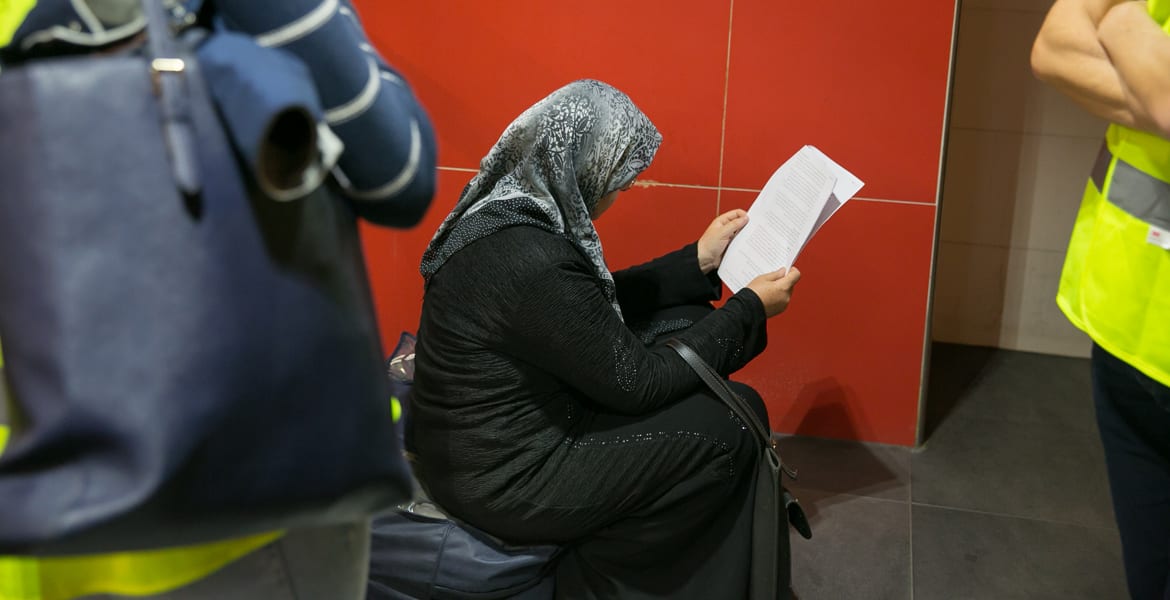Birth rates across the Western world are falling sharply, with Sweden now having just 1.43 children per woman – the lowest ever recorded.
It is often claimed that few children are born because of economic turmoil and "bad times" – but this explanation is no longer valid, according to researchers.
It is certainly true that historically there has been a clear link between economic prosperity and childbearing, with significantly more children born during economic booms than during periods of mass unemployment and economic crises.
However, about 15 years ago, researchers began to notice that the birth rate was dropping significantly, even though the population was economically well-off and many people had a high standard of living.
– Something interesting is happening in Sweden around 2010 when fertility is declining despite the fact that we have economic growth, falling unemployment, and also zero interest rates, which means that money is more or less free. For many people, this means higher real incomes, says researcher Maria Stanfors, at the Department of Economic History at Lund University.
– All the measures that are usually used as economic indicators are developing positively, but fertility is falling. This perhaps indicates that the decline in fertility is not related to real economic conditions but is explained by something else.
No positive "equality effect"
Why Swedes and other European peoples are having fewer children even in good economic times is a complex question with many explanations and possible causes, but the trend is similar across the industrialized world.
Nor have the 'gender equality' efforts of Swedish governments led to an increase in birth rates - quite the opposite.
– Fertility has fallen despite good economic times and family policies have not deteriorated - quite the opposite. It has been suggested that the high fertility rates in the Nordic countries in the past were linked to gender equality. Not only that women work more and that we have relatively small wage gaps, but also that men do more unpaid housework and, above all, are more active fathers than in other countries. But fertility has fallen despite this.
Unclear future
– I think we have lost an understanding of the fantastic support we have in combining work and family in Sweden, and we still share the costs of having children to a greater extent than in other countries. Moreover, as a society, we have never been richer and healthier. The conditions for having children have never really been better, Stanfors continues.
She speculates that the birth rate may increase "in the near future", but stresses that we do not know when this will happen – nor why. According to the researcher, there is very little evidence that individual policy reforms would affect birth rates.
– The fact that all women, regardless of age and family status, behave similarly means that fertility varies. These variations are probably explained by several factors. Given the importance of demography for the sustainability of society, more should be invested in demographic research, says Maria Stanfors.





